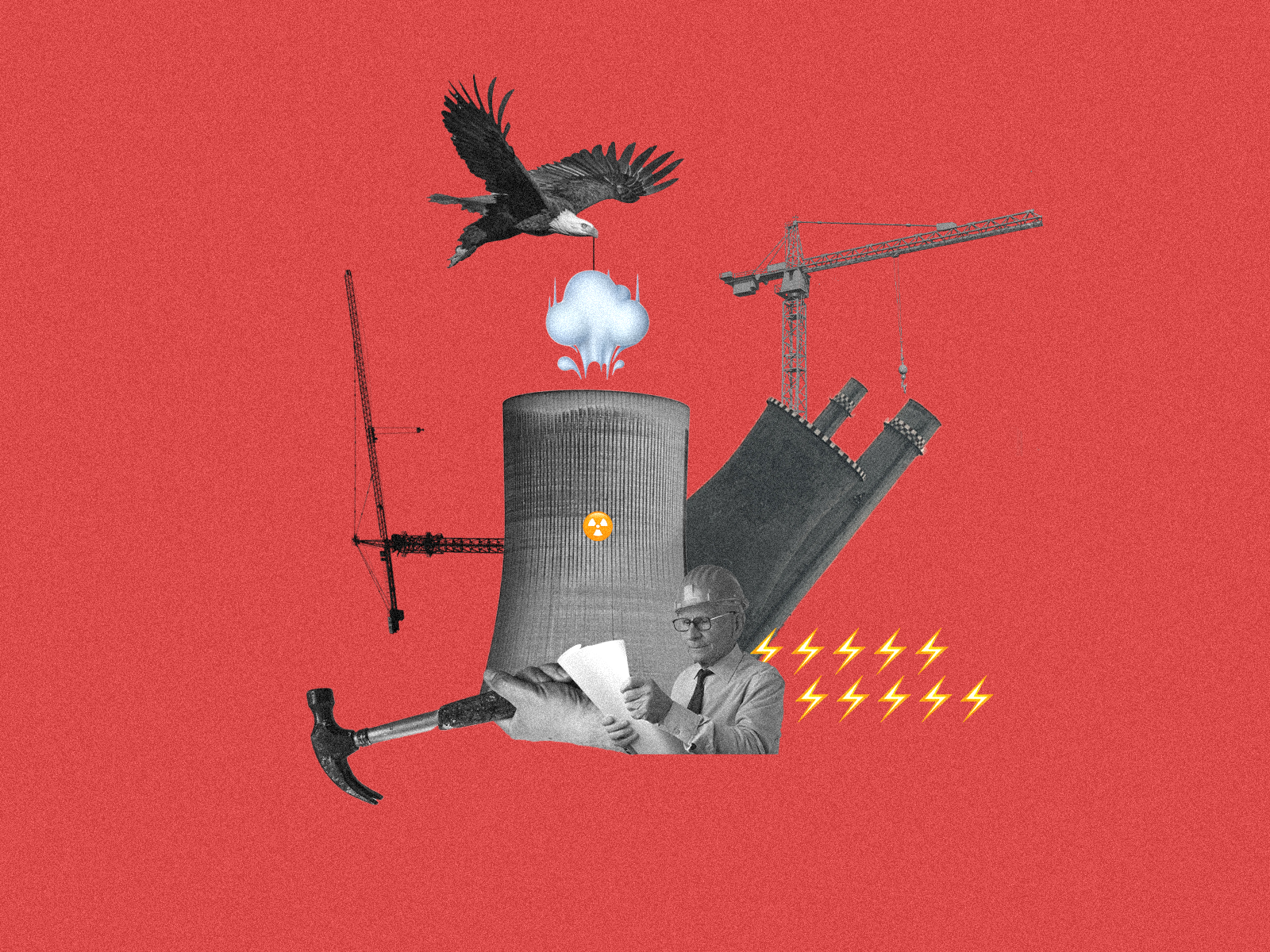2022 has pushed European policymakers to rethink their energy supply vision. The future holds the promise of a more sustainable, greener, and more independent European energy sector. One of the most striking examples of the European green transition is Poland, which traditionally relies on coal.
Nuclear power plants provide the lion’s share of Central Europe’s energy supply, but Poland, with a population of almost 40 million, has not built a single one yet. There are six active nuclear reactors in Czechia, four in Slovakia (and two still under construction), four in Hungary, two in Romania, and 15 in Ukraine.
From a sustainability perspective, it is unacceptable that 69% of Poland’s energy demand is supplied by coal and that natural gas is the second most important energy source. The Polish parliament started planning a transition to nuclear power already in 2005 for economic and political reasons: already back then, they wanted to reduce their energy dependence on Russia. The initial plan was to have a Polish nuclear reactor in operation by around 2020, but the planning period has been constantly delayed.
Concrete signs of the transition came only at the end of October this year when Polish Prime Minister Mateusz Morawiecki announced that the construction of the first Polish reactor will begin in 2026 and the power plant will be operational by 2033. But one reactor would not be enough for the country; by the mid-2040s, the Polish leadership expects to have six reactors on two sites, making the country completely independent of the energy market by covering 30% of Poland’s energy needs. The US contractor Westinghouse plans to build the plant on the Baltic coast, but the exact location is not yet known.

There were two other bidders besides the winner Westinghouse: The French EDF, and the Korean KHNP (Korea Hydro & Nuclear Power). The Koreans will also build reactors in Poland in the future as the Polish private energy group ZE PAK, the Polish state-owned energy company PGE, and the aforementioned KHNP signed a letter of intent. The three parties’ future project is not part of the Polish-American agreement concerning the six reactors in two sites. What is more, the exact location of the Korean-built reactor is already known: the site of ZE PAK’s Pątnów lignite mine.
Building public reactors will cost €40 billion, but achieving energy independence will be even more expensive. In 2016, 95 percent of Poland’s energy consumption was supplied by fossil fuels. Moreover, according to calculations from 2009, Polish energy consumption increases by 54 percent between 2006 and 2030. Poland has traditionally been an energy exporter, but now it is a net energy importer, importing 13 TWh more energy than exporting. And most of these imports came from Russia.
The inclusion of new reactors means much more than simply building them. They must be integrated into the electrical grid, which requires modernization at a very high price (estimates suggest €25 billion). This upgraded grid would then allow additional nuclear and renewable energy sources to be connected to the Polish network. The current plans aim to reduce the 69% share of coal to 10-30%; besides the nuclear power plants, the wind farms in the Baltic Sea and the solar power and biomass investments would also serve this goal. In 2020, wind energy accounted for 10% of Poland’s total energy consumption, hydropower for 2%, and solar for 1%.

Europe had to awake due to the Russo-Ukrainian war. Before the Russian invasion, the vision of a greener Europe only meant promises and empty words, but since then, the transition to green and independent energy sources has started to become a priority for an increasing number of countries. Obviously, the most desirable solution would be the expansion of renewable energy sources, but this cannot happen overnight. It seems the best solution at the moment is to have a transition period between the current hegemony of fossil fuels and the future green world. And more and more countries choose nuclear power for this phase.
Of course, this is not an absolutely objective decision without any criticism. Germany has been very critical of nuclear power since the Fukushima disaster, in stark contrast to the French position. France has 56 operating reactors, so, understandably, Warsaw’s energy decision was welcomed in Paris. In such emergency situations as the current one, even the Germans started to rethink whether it was the most optimal solution that they shut down their reactors. The question of nuclear power is an important and complex issue, particularly affected by Russia's aggression and the increasing support for energy independence from Moscow.
Poland will take a significant step toward a sustainable Europe, both from an ecological and an economic perspective, once its reactors are constructed and integrated into the energy grid.

Warsaw’s Browary receives award for best urban regeneration

Kraków airport opens “library”










